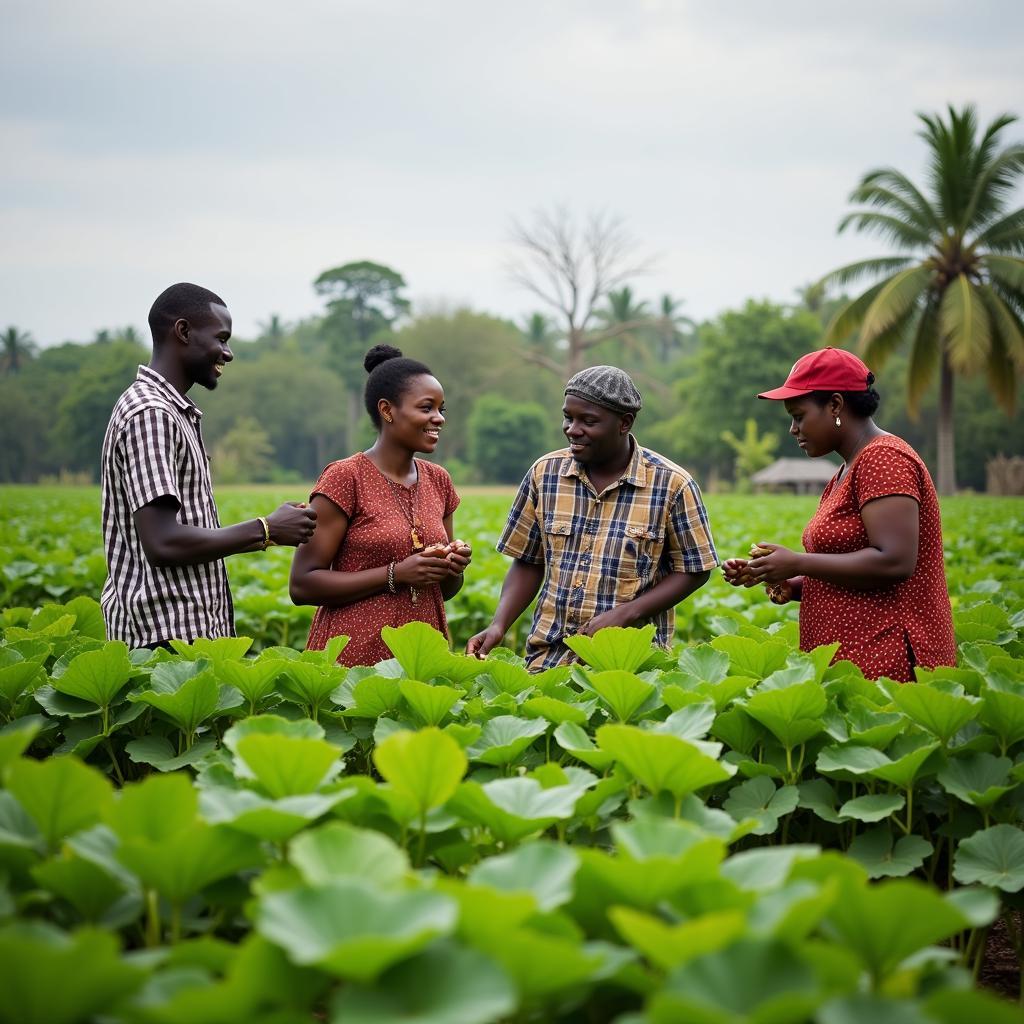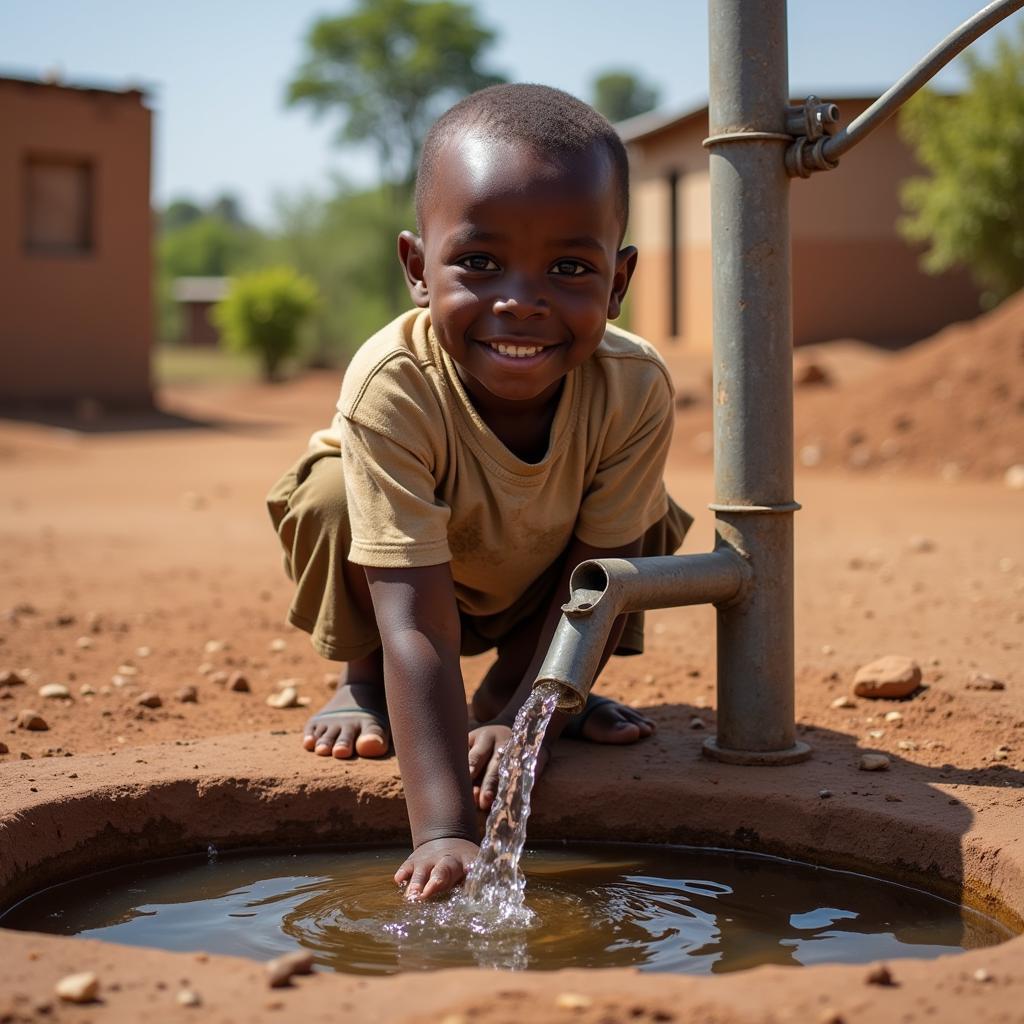African Lion IUCN Status: Understanding the King’s Conservation
The African lion, a symbol of power and majesty, faces a precarious future. Understanding the African Lion Iucn Status is crucial for effective conservation efforts. The International Union for Conservation of Nature (IUCN) Red List assesses the conservation status of species, providing valuable insights into their vulnerability to extinction. This article delves into the complexities of the African lion’s current status, exploring the threats it faces and the measures being taken to protect this iconic species.
Decoding the African Lion’s IUCN Status
The African lion ( Panthera leo ) is currently classified as Vulnerable on the IUCN Red List. This designation indicates that the species faces a high risk of extinction in the wild. While not yet endangered, the vulnerable status underscores the urgent need for continued and intensified conservation efforts. The African lion’s population has declined significantly over the past few decades, primarily due to habitat loss, human-wildlife conflict, and the illegal bushmeat trade.
What does Vulnerable on the IUCN Red List mean? It means the species is facing a high risk of extinction in the wild.
Several factors contribute to the African lion’s vulnerable status. Habitat loss, driven by expanding human populations and agricultural activities, restricts the lion’s range and fragments its populations. This fragmentation leads to smaller, isolated groups that are more susceptible to disease and genetic bottlenecks.
The bushmeat trade poses a significant threat, not only by directly targeting lions but also by depleting their prey base. As prey animals become scarce, lions are forced to venture closer to human settlements, increasing the likelihood of human-wildlife conflict.
Conservation Efforts for the African Lion
Numerous organizations and initiatives are working tirelessly to protect the African lion and secure its future. These efforts focus on various aspects, including habitat preservation, anti-poaching measures, community engagement, and research. Protected areas, such as national parks and game reserves, play a vital role in providing safe havens for lions and their prey.
Anti-poaching patrols work to combat illegal hunting and protect lions from retaliatory killings by communities affected by livestock predation. Engaging local communities in conservation is essential for long-term success. This involvement includes providing alternative livelihood opportunities, raising awareness about lion conservation, and promoting coexistence between humans and wildlife.
Research initiatives focus on understanding lion behavior, population dynamics, and the impact of various threats. This information is crucial for developing effective conservation strategies.
What is being done to protect the African lion? Efforts include habitat preservation, anti-poaching patrols, community engagement, and research.
The Future of the King
The African lion’s future hangs in the balance. While the challenges are significant, there is hope. Continued and strengthened conservation efforts, combined with increased public awareness and support, can help ensure the survival of this magnificent species. By addressing the threats facing the African lion and working collaboratively with local communities, we can secure the future of the king of the savanna. For instance, understanding the speed and vulnerability of other African predators like the African cheetah speed iucn helps in creating broader conservation strategies.
What can you do to help? Support conservation organizations, spread awareness, and advocate for stronger protection measures.
The African golden cat iucn status also highlights the challenges faced by smaller felines in Africa. Understanding these interconnected challenges helps paint a comprehensive picture of wildlife conservation needs on the continent. Similarly, knowing the African elephant latin name and the specific threats they face contributes to a more focused conservation approach.
Conclusion
The African lion IUCN status of Vulnerable is a call to action. We must continue to work together to protect this iconic species and its habitat. Understanding the threats facing the African lion and implementing effective conservation strategies is crucial for ensuring its survival for generations to come. This includes understanding the broader context of African wildlife, including the variety of African cats list and the unique challenges each species faces. The comparison between the African crowned eagle vs golden eagle further illustrates the rich biodiversity of Africa and the need for its preservation.
FAQ
- What is the current African lion IUCN status? Vulnerable.
- What are the main threats to African lions? Habitat loss, human-wildlife conflict, and the illegal bushmeat trade.
- What does Vulnerable status mean? High risk of extinction in the wild.
- How can I help protect African lions? Support conservation organizations and spread awareness.
- Where do African lions live? Primarily in sub-Saharan Africa.
- What is the role of protected areas in lion conservation? They provide safe havens for lions and their prey.
- What are some examples of conservation efforts? Anti-poaching patrols, community engagement, and research.
Scenarios:
- Scenario 1: A farmer loses livestock to a lion. What should they do? Contact local wildlife authorities for assistance and avoid retaliatory killings.
- Scenario 2: A tourist encounters a lion while on safari. What should they do? Remain calm, stay in the vehicle, and follow the guide’s instructions.
- Scenario 3: Someone witnesses illegal hunting of lions. What should they do? Report it to the authorities immediately.
Further Exploration
- Learn more about the IUCN Red List.
- Explore other endangered species in Africa.
- Discover ways to support lion conservation organizations.
When you need help, please contact us: Phone: +255768904061, Email: [email protected] Or visit us: Mbarali DC Mawindi, Kangaga, Tanzania. We have a 24/7 customer service team.

